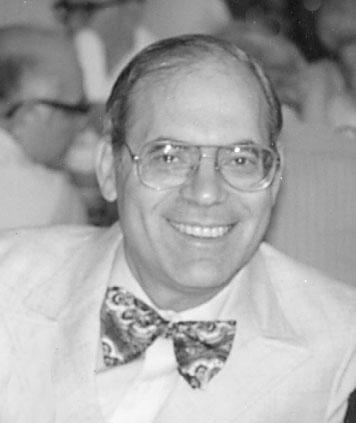By Alex Berger
A people without knowledge of its history is like a tree without roots. — Marcus Garvey
As we approach the start of Black History Month — the second one since President Barack Obama took office and first since Michael Steele became the first black Republican National Committee chairman — the accomplishments of African-American legends — from the Rev. Dr. Martin Luther King. Jr. to Harriet Tubman, will be shouted aloud.
Their fame is universal, but many people may not know that the progress made by blacks in their struggle for freedom would not have occurred without the involvement of white history-makers.
This point was brought home to me while I was watching a History Channel’s program of the “radical,” non-black abolitionist John Brown (1800-59), who remains one of the most controversial figures in American history. Some scholars view him as a malcontent, some write him off as an outlaw but to others he is an unknown. Let me correct this omission and, hopefully, add this principled freedom fighter to the list of black history dignitaries.
Brown began his crusade against slavery by leading the Kansas Free State forces in attacks on pro-slave components, known as “Bleeding Kansas,” which many historians define as a rehearsal for the Civil War. He reached the height of his notoriety in a raid on the federal arsenal in Harpers Ferry, Va., in 1859, an act for which he was executed.
What drove this determined man to resort to violence? After Brown moved to Kansas in 1855, his anger had risen at the pro-slavery territorial government’s mistreatment of the anti-slavery majority. In 1856, he led his first raid on a company of Border Ruffians, a unified band of toughs, at Pottawatomie Creek and massacred more than a dozen of its members.
The next day, Brown and his men captured 48 pro-slavery fighters at the Battle of Black Jack, a few miles from Baldwin City, Kan. Brown then left Kansas to make his attack on Harpers Ferry. Captured, he was tried and hanged for treason. His body lies buried in New York state, 6 miles south of Lake Placid on a farm he previously purchased. He had lived there until he led his freedom fight in Kansas.
Brown committed himself to the abolition of slavery. As the old spiritual sang, “John Brown’s body lies a-mold’ring in the grave. His soul goes marching on.” His efforts helped in the abolition of slavery. So was he a saint or a mad man? You decide.
Not well known among Brown’s small band of anti-slavery fighters was a Jew who fought beside him. He was Jacob Bondi (1833-1907) from Vienna, who also helped win the anti-slavery battle. His contribution should also be noted in African-American lore.
But in contrast to Brown, whose ancestors arrived in America on the Mayflower, Bondi’s family emigrated from Vienna to St. Louis in 1848 in the aftermath of an unsuccessful revolution in Austria. He had been a member of the student revolutionary movement in Vienna and his idealism carried over to his adopted country.
In 1855, he moved to Kansas to help establish the Free State movement there. The Kansas-Nebraska Act of 1854 decreed that, in 1855, the settlers in the Kansas Territory would decide whether Kansas would be a slave or a free area.
At first, anti-slavery appeared to hold the upper hand, but on Election Day some 45,000 heavily armed pro-slavery thugs overwhelmed the polling places, captured ballot boxes and elected a pro-slavery legislature. Once in control, pro-slavery forces launched violent attacks against anti-slavery settlers.
Unsung, Bondi remained true to his convictions, fought with Brown and continued to support the anti-slavery cause in Kansas. When the Civil War broke out, he was among the first to enlist, serving as a first sergeant in the Kansas Cavalry. After the war, Bondi settled in Kansas, held many legislative positions and was known for his integrity and idealism.
Bondi’s life traced a remarkable path from guerrilla fighter against slavery, even in an age and place inhospitable to Jews, to distinguished elected official and pillar of his community.
Black History Month provides us with the opportunity to study the histories and contributions of black people to humanity as well as the non-black history-makers. The tragedies and triumphs of the makers of this history should be taught in our schools, studied in our universities, pondered on our patios and discussed with fellow Americans.
Contact Alex Berger at timesledgernews@cnglocal.com.




































